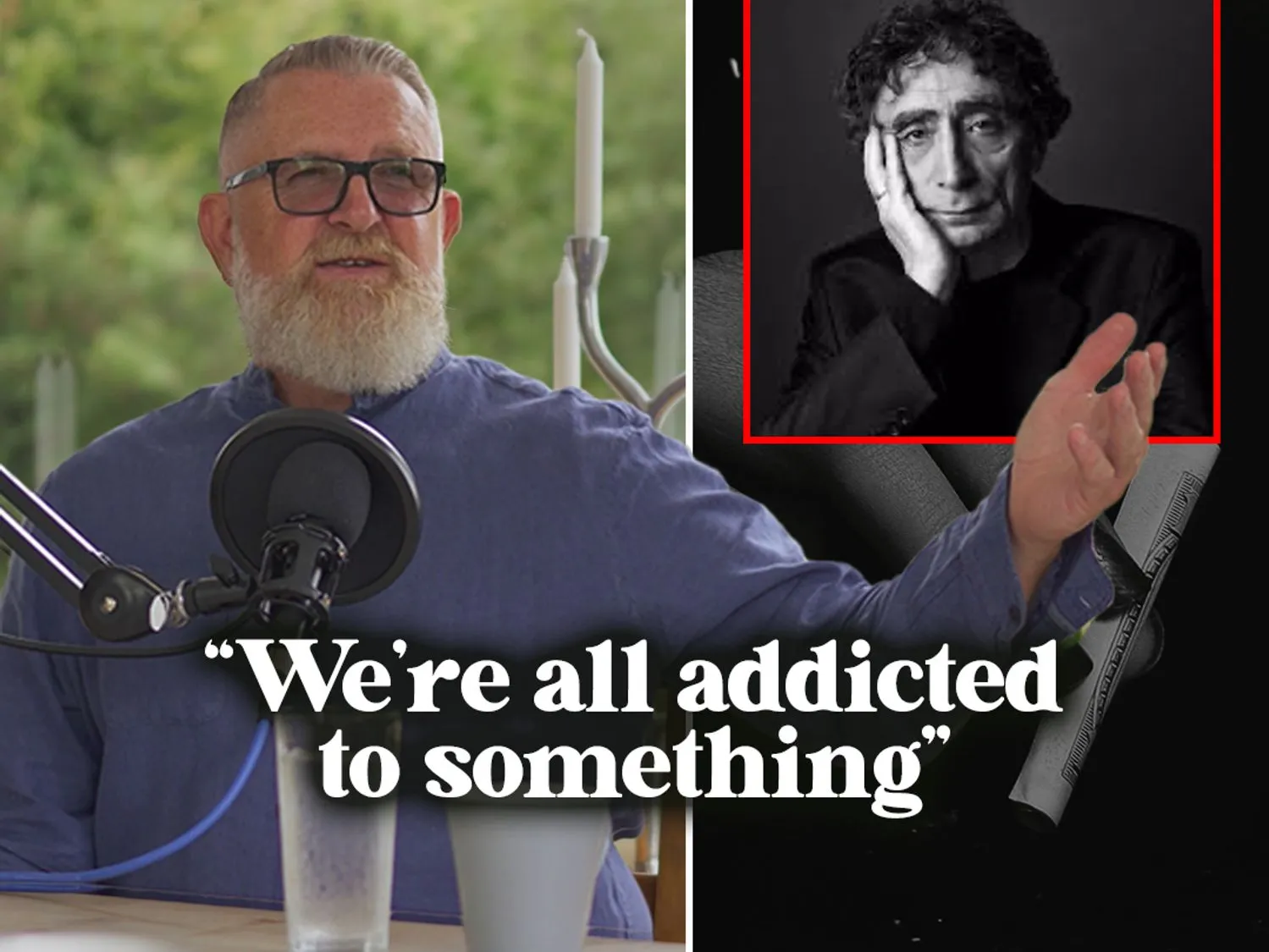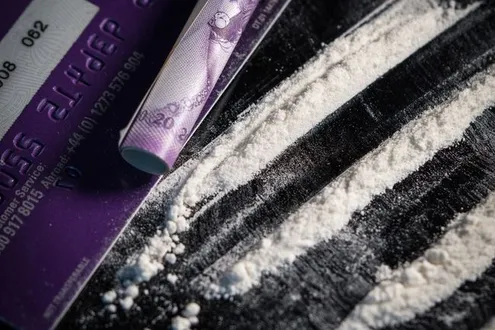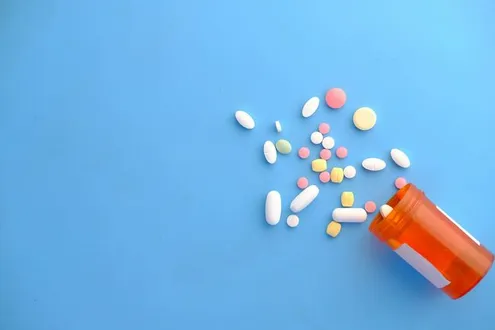Addiction is a complex condition that is relatively common. It’s defined as a lack of control over doing, taking or using something. It can be substance or behaviour related and manifests as compulsive engagement to the point of possible harm. While commonly associated with gambling, smoking and alcohol or drug misuse, it’s actually possible to be addicted to just about anything.
Many addictions occur because engagement in the activity has an effect on the way you feel, both mentally and physically. More often than not, these feelings are enjoyable and as such, engender a powerful urge to re-engage in the activity. Being addicted to something means that when you are not using the substance or engaging in the activity, you experience withdrawal symptoms. This creates an unpleasant feeling, to the point that it becomes easier to succumb to the craving. This repeated behaviour feeds the cycle of addiction and inevitably, exacerbates the problem.
If you are concerned that you or a loved one has an addiction contact our Treatment Advisors for a free assessment.


People who regularly abuse drugs or alcohol will develop a tolerance to that substance. When a chemical substance is consumed, it affects the body’s production of certain hormones or neurotransmitters. The body then has to make adjustments to offset the effects of the substance consumed. Over time, the effects of the drug or alcohol are counterbalanced by the adjustments your body has made. This then means you need to consume more and more to experience the same high. In this way, chronic drug or alcohol use results in physical dependence. If you stop using the substance, those hormones and neurotransmitters produced by the body to counteract the effects of the substance are felt as severe, physical discomfort. From nausea and fever to pain and in some cases, seizures, withdrawal symptoms can be so severe that continuing to use the substance is the only way to avoid the physical effects. This physical side of addiction when dependent on substances such as alcohol will require a medical detox before other treatment can begin.

Substance addiction can be another way of saying Alcohol or Drug addiction. This can apply to an addiction to any substance taken into the body, from illicit drugs to prescription medication, alcohol to household solvents. These addictive substances cause the user to feel high which might give them pleasure at the time but which then leads to an unpleasant withdrawal. Often, by the time an addiction has developed, the pleasurable high that the substance caused at first is gone. At this point, the driving force behind continued use is to avoid the unpleasant withdrawal symptoms. The first step to stop this continuous cycle is to seek out a drug detox, so the substance can be removed safely with support.

Psychological dependence describes the emotional and mental aspects of an addiction. Psychological symptoms include cravings, depression, anxiety, disordered sleeping and difficulty concentrating. Whereas physical addiction can often be helped with medical detoxes and tends to only last a certain amount of time after ending your addiction, psychological dependence and its symptoms may persist. This dependence may manifest as a feeling of being unable to cope with a substance, or without performing a certain behaviour and these feelings may be triggered by an event even well after you believed your addiction to be in the past. In reality, all addictions are likely to cause a combination of both physical and psychological complications, as one type of symptom will have a knock-on effect on the other. Addiction involves a psychological process that needs to be addressed and treated with comprehensive therapy.

Experts believe that anything that has the power to stimulate you can become addictive. When a habit becomes an obligation or when something you like doing becomes something you have to do, it can be classed as an addiction that interferes with the function of normal life. While each behavioural addiction has its own specific symptoms, its consequences are often the same as any substance addiction. Just as someone’s life is dominated by drugs or alcohol, life is dominated by the activity in behavioural addiction. Addicts experience a high and a withdrawal from whatever the substance or behaviour of choice. Attempts to stop the addictive behaviour, as with substance use can often lead to relapse and resumption, creating negative consequences in relationships and everyday life. Cognitive Behavioural Therapy (CBT) is a recommended treatment for those suffering with behavioural addiction as it can help break problems down into smaller more manageable parts.

People from all backgrounds can experience addiction. However, some may be more prone to it than others due to environmental conditions. While certain types of drugs for example, and the ways of using them, are more addictive than others, there are additional factors that can raise your risk of becoming an addict. These factor may range from experiencing trauma to finding yourself self medicating and abusing prescription medication for anxiety.


Many harmful substances and behaviours stimulate the brain’s reward system; the area that controls pleasure and motivation. The impact on the reward centre of consuming drugs or alcohol for example, is more intense than would occur through normal means. This overstimulation decreases the brain’s response to natural rewards and results in the inability to feel pleasure except when triggered by the abused substance. An imbalance of dopamine can create an unhealthy reward system response in the brain. The brain recognises that using the substance is a source of pleasure. It doesn’t seek to stop, even in the knowledge that it may be harmful.

Addiction isn’t a matter of weak willpower or a question of morality. Neuroscience has shown that people have varying levels of ability and brain function to control impulsive urges with rational thought. As such, heredity is a major risk factor for addiction. If you have family members who’ve experienced addiction, you’re more likely to experience it too. Studies suggest that genetic factors may account for about 40-60% of an individual’s vulnerability to addiction.

Environmental factors can also increase the risk of addiction. For young people, a lack of parental involvement can influence risk-taking and experimentation. Parental abuse or neglect is often a trigger for substance misuse. Many people self-medicate and abuse substances as a means of coping with emotional trauma.
Peer pressure may be an alternative factor. An environment of experimentation or pressure from friends to fit in can also increase the risk of addiction to drugs or alcohol. If you’re trying to recover from an addiction, you may need to avoid environmental triggers. You may experience cravings in particular social circles. Avoiding people and places may be necessary to help reduce your risk of relapse.
Many experts believe that at the root of addictive behaviour is some form of emotional stress. To ease this stress or make it go away, many people turn to the pleasure that can be found in excess. Without the distraction of that pleasure, thoughts threaten to return to the source of emotional stress. In the absence of healthy coping mechanisms, addictive behaviour becomes a means of distraction. The focus of the addiction isn’t the problem; the problem is the need to engage in unhealthy behaviour to distract from emotional stress. For many people, their addiction is the manifestation of an issue they may not even be aware of.












